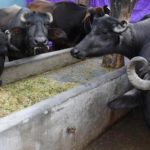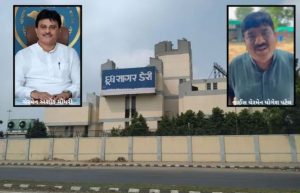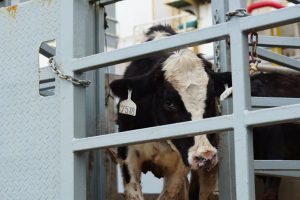
Creamline Dairy Products, a Godrej Agrovet company, has said that spike in fuel prices and packaging material has put the industry under pressure.
A day after the dairy major Amul announcing a hike of ₹2 on a litre of milk, Bhupendra Suri, the Chief Executive Officer of Creamline Dairy Products Limited, told BusinessLine. that “The prices of fuel and packaging material have gone up, putting pressure on the industry…but higher prices for milk would also mean higher returns for the farmers.”
The company, which posted revenues of ₹287 crore in the third quarter ended December 31, 2021, had observed in the investor presentation that there was a “substantial increase in input costs including milk procurement, logistics and packaging coupled with no price hikes. This had severely impacted EBITDA margins,” it said.
The EBIDTA (earnings before depreciation and amortization) margin fell to 0.05 per cent in the quarter as against 5.4 per cent in the same quarter previous year. The company expects to close the financial year with a turnover of ₹1,200 crore
Premium segment
Asked whether niche players emerging from nowhere to tap the potential in the high-value milk segment posed a challenge to the traditional players, he said the company was actively looking at entering the segment.
“We might enter the segment in the next four-five months,” he said.
The industry, which suffered a dip in the demand during the pandemic, was about to reach the pre-pandemic levels.
“The market is catching up fast. There, however, is still a lag of about 3-5 per cent (from the pre-pandemic levels),” he said.
He said that the company had not stopped the procurement during the pandemic. “There has no disruption in the inflows. We used the milk to produce value-added products,” he said.
The firm, which currently has a 65:35 split in sales between its milk and value-added products, is looking at increasing the share of value-added products to 40 per cent in the next two years.
Pramod Prasad, Chief Operating Officer of Creamline Dairy Products Limited, has said that the firm invested about ₹30-40 crore a year on capacity expansion and upgradation.
















